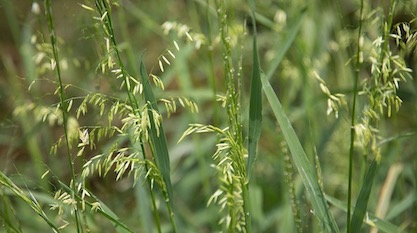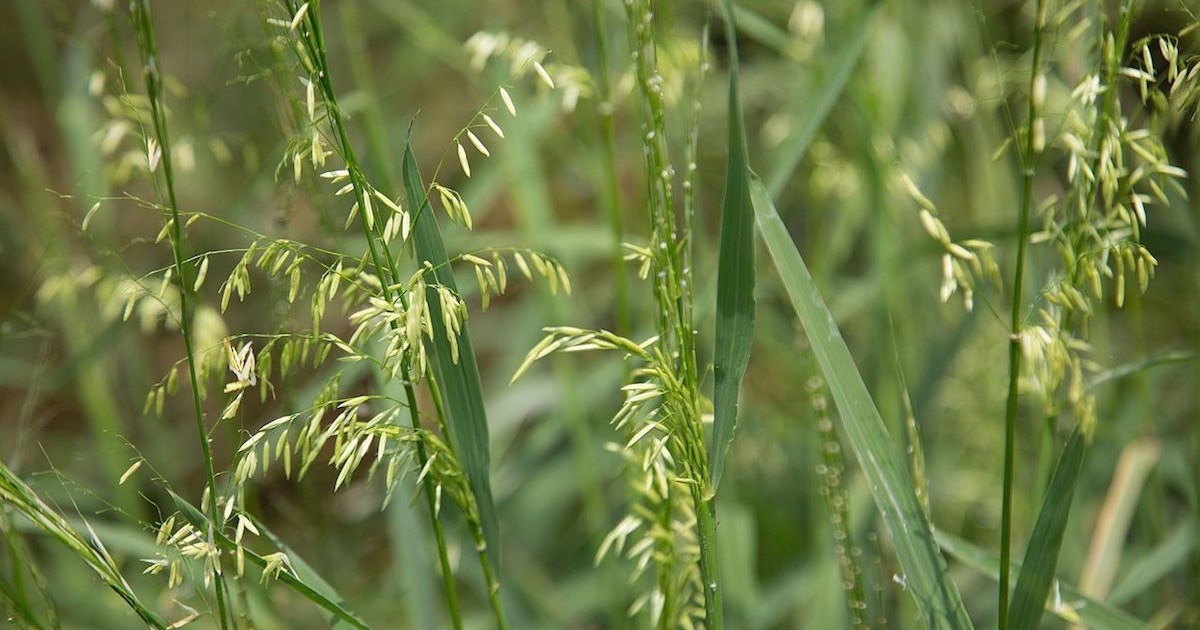 Culture & Ethics
Culture & Ethics
A Right to Life — For Wild Rice


The “nature rights movement” continues to advance step-by-step and inch-by-inch — as those who could stop it continue to snooze.
The movement’s latest success came when the Ojibwe tribe granted wild rice the right to exist, which could be said to be a synonym for a right to life. From the Inforum column by environmentalist activist Winona LaDuke:
The law begins: “Manoomin, or wild rice, within all the Chippewa ceded territories, possesses inherent rights to exist, flourish, regenerate, and evolve, as well as inherent rights to restoration, recovery and preservation.”
The Rights of Manoomin include:
- The right to clean water and freshwater habitat
- The right to a natural environment free from industrial pollution
- The right to a healthy, stable climate free from human-caused climate change impacts
- The right to be free from patenting
- The right to be free from contamination by genetically engineered organisms
Imagine the litigation such a law would generate if it were enforceable outside of tribal lands.
“Oh So What, Wesley”
Some might say, “Oh so what, Wesley. This is just a Native American tribal law that has no connection to the broader society.”
I don’t agree. Neither does the radical LaDuke nor the Community Environmental Legal Defense Fund, the primary instigator of the nature-rights movement:
White Earth’s Rights of Manoomin is groundbreaking. “This is a very important step forward in the Rights of Nature movement. This would be the first law to recognize legal rights of plant species,” Mari Margil, associate director of the Community Environmental Legal Defense Fund explained. White Earth and the 1855 Treaty Authority worked with CELDF and its International Center for the Rights of Nature to develop the draft law…
“Remember, at one time, neither an Indian nor a Black person was considered a human under the law,” [Tribal Treaty executive Frank] Bibeau reminds us. “Legal systems can and will change.” And in the meantime, the Ojibwe move forward.
The Ojibwe are — and should be — free to craft whatever environmental laws they want to apply in their autonomous territory. But the rest of us should take significant notice. Environmentalism is growing increasingly radical and anti-human. The “nature rights movement” is part of that increasingly extremist agenda.
I believe that time is growing short to throttle this advocacy thrust, which is why I urge federal and state legislators to enact statutes simply stating: “Non-human animals, flora, and inanimate aspects of nature have no legal standing in any court or enforceable legal rights.”
Mark my words: Wait too long to take the “nature rights movement” seriously and it will be too late.
Photo: Wild rice, by Ryan Hagerty [Public domain].
Cross-posted at The Corner.
